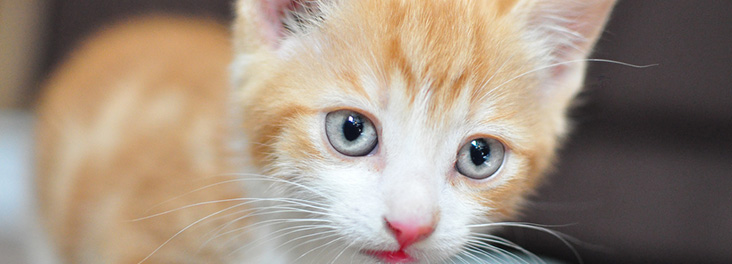How Often Do Kittens Get Vaccines

Pregnant cats with the infection could lose their kittens or lead to abnormal brain development causing them to develop a condition called cerebellar hypoplasia.
How often do kittens get vaccines. Instead these vaccines are recommended only for those cats that are at high risk of infection. Then they must be boostered a year latyer. Some kittens may be. When to give vaccines.
While there are certain mandatory or core vaccines for cats there are. Some vaccines are given as booster injections every year. Types of vaccines for kittens. Rabies is a fatal virus that can affect cats as well as humans.
But after about six weeks old and eating solid food it s time for them to be vaccinated. Fvrcp stands for feline viral rhinotracheitis calicivirus and panleukopenia. Cat vaccinations can get confusing. The shots come in a series every 3 to 4 weeks.
When kittens are nursing antibodies in their mother s milk help protect them from infections. Adult cats need shots less often usually every year or every 3 years depending on how long a vaccine is designed to last. All kittens should receive a vaccination that protects. Kittens should start getting vaccinations when they are 6 to 8 weeks old until they are about 16 weeks old.
In the case of non core vaccinations your cat s lifestyle must be evaluated to determine the risk of disease and whether the risk associated with vaccination is greater than the risk of your cat getting the disease. Kitties need several immunizations during their first year to protect them against serious diseases. The specific shots your kitten should have will depend on. Not only are there different schedules and needed vaccines for cats and kittens but there are also some extra vaccines for different lifestyles.
What if i adopted my kitten will they be vaccinated. All kittens and adult cats should be vaccinated against rabies. Often animal shelters charge less for vaccines approximately 20 or are even free. Your vet will provide you with a vaccination record which you will need to keep safe.
Kitties need several immunizations during their first year to protect them against serious diseases. Core pet vaccines and non core vaccines. And pet vaccinations like those for humans may sometimes require a booster to keep them effective. The best way to stay on schedule with vaccinations for your dog or cat is to follow the recommendations of a veterinarian you trust.
This is a core vaccine considered essential for all kittens. After that they ll only need annual boosters. Chances are your vet s suggestions will break down into two categories. It s difficult for pet parents to understand their cat s vaccination schedule from which ones they need to how often they need them.
If you choose to adopt a kitten or cat from us they will be vaccinated before they leave our care. If you re buying a kitten make sure that their mum has had her vaccines as well which could reduce the risks of her kittens getting poorly. But after about six weeks old and eating solid food it s time for them to be vaccinated. If you acquired your dog from a shelter he would most likely have been vaccinated up until the age when.
Despite treatment the disease can often be fatal especially for young kittens. This is a core vaccine that is generally required by law because of how serious this disease is. That s one of the reasons we charge an adoption fee when we rehome an animal.













